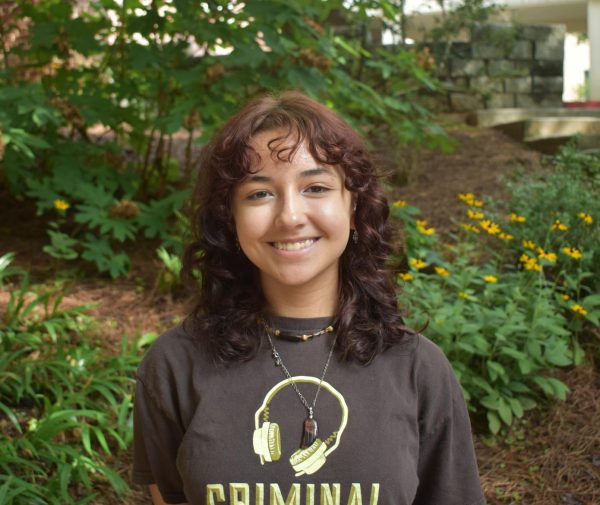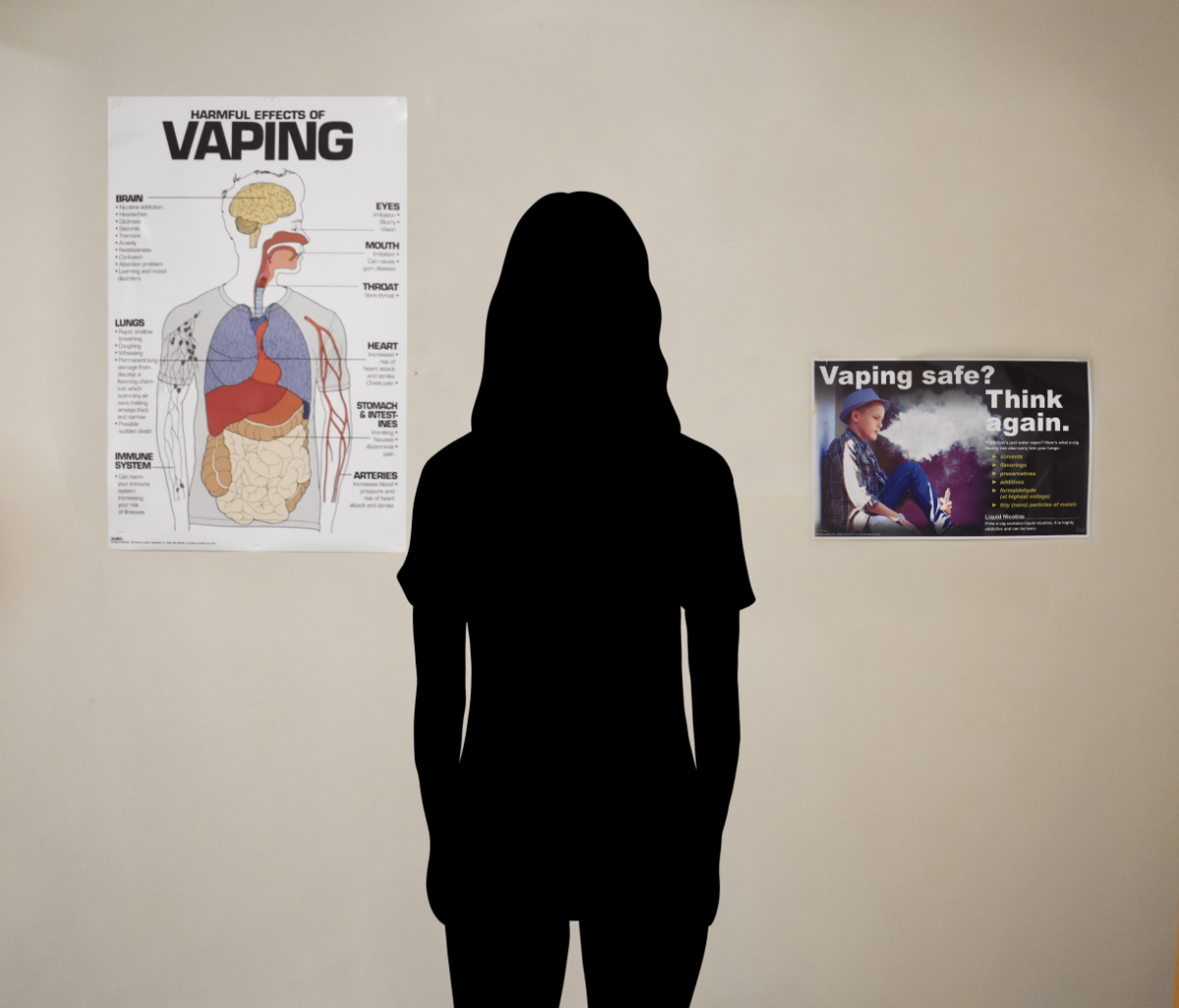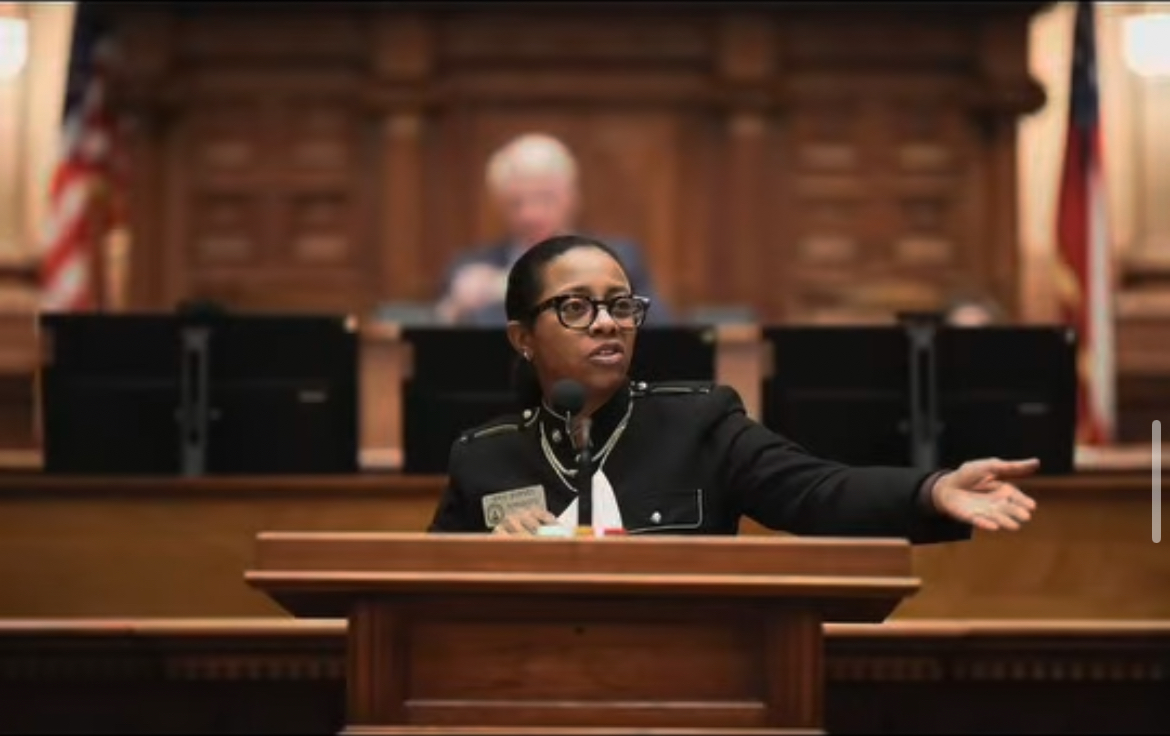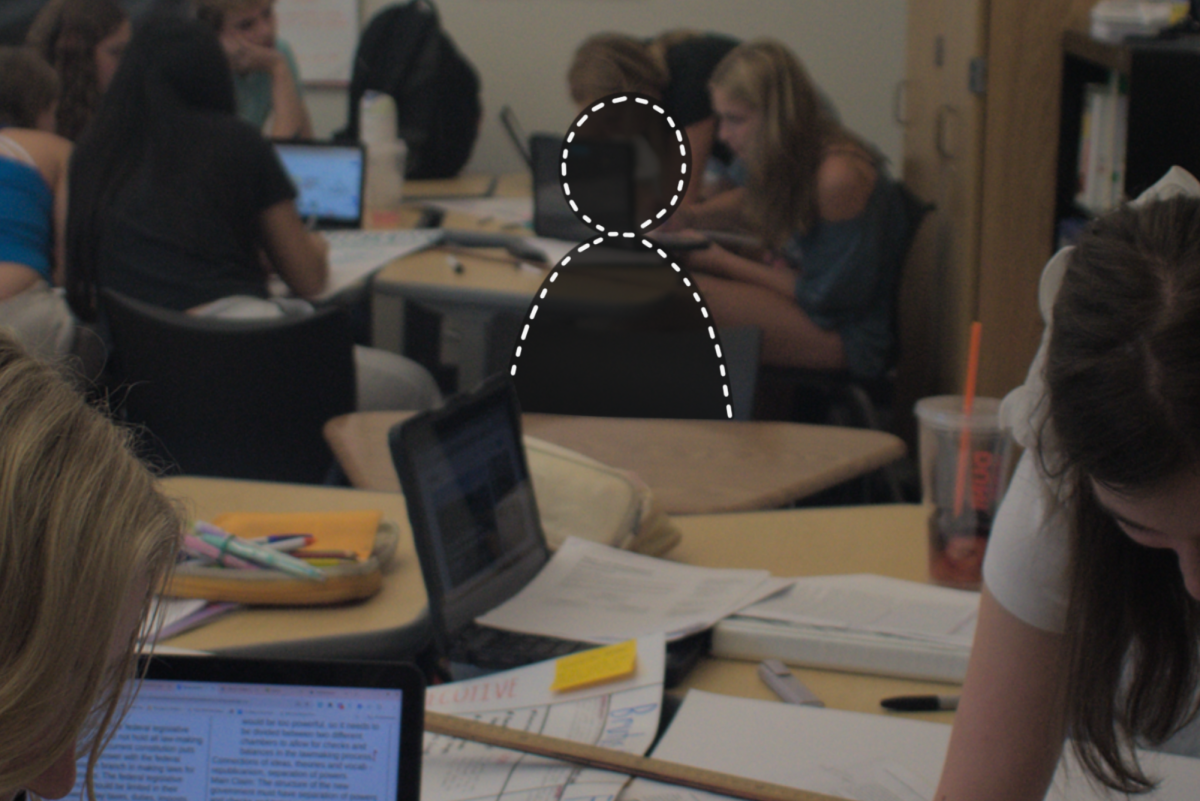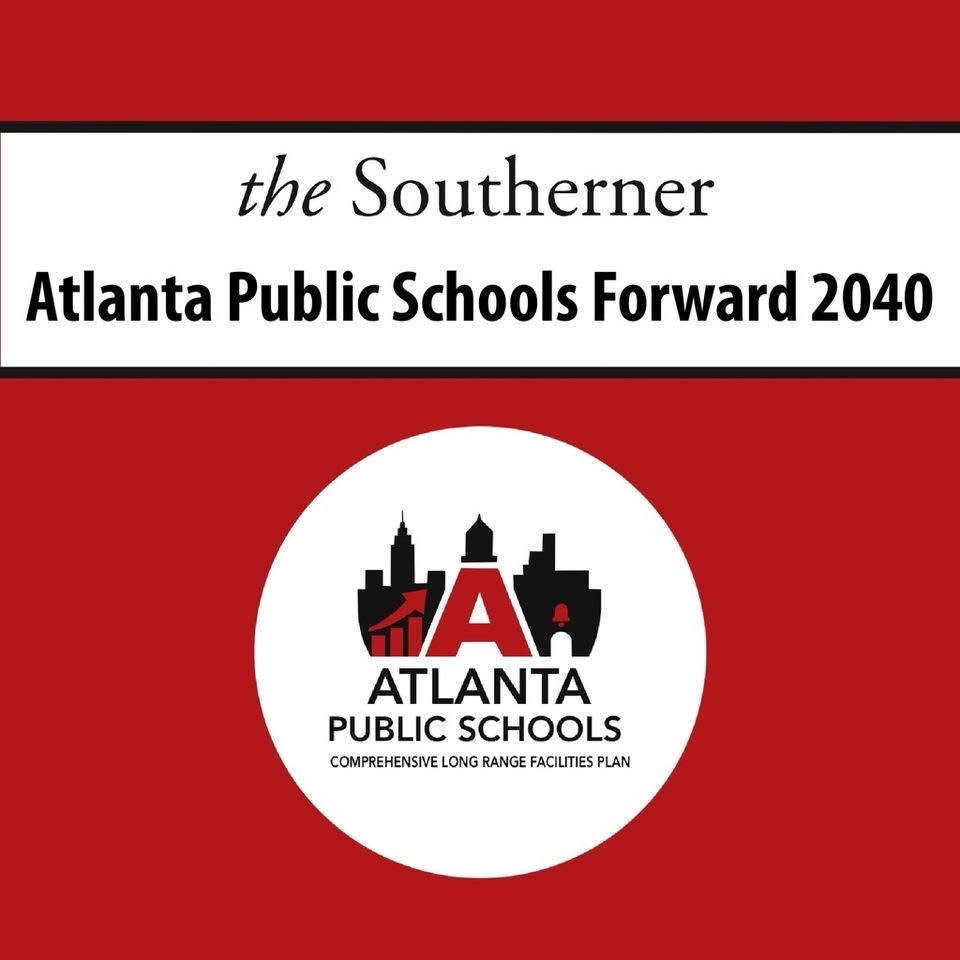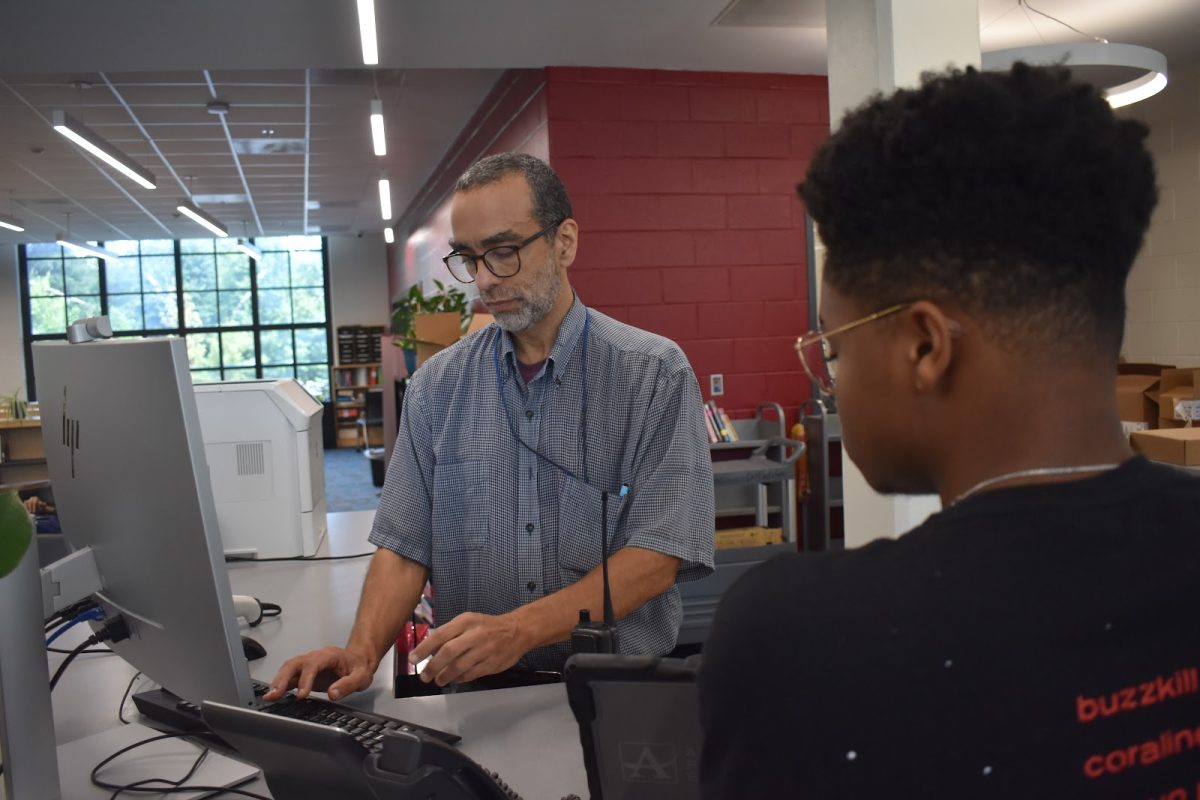Affirmative action rollback divides community
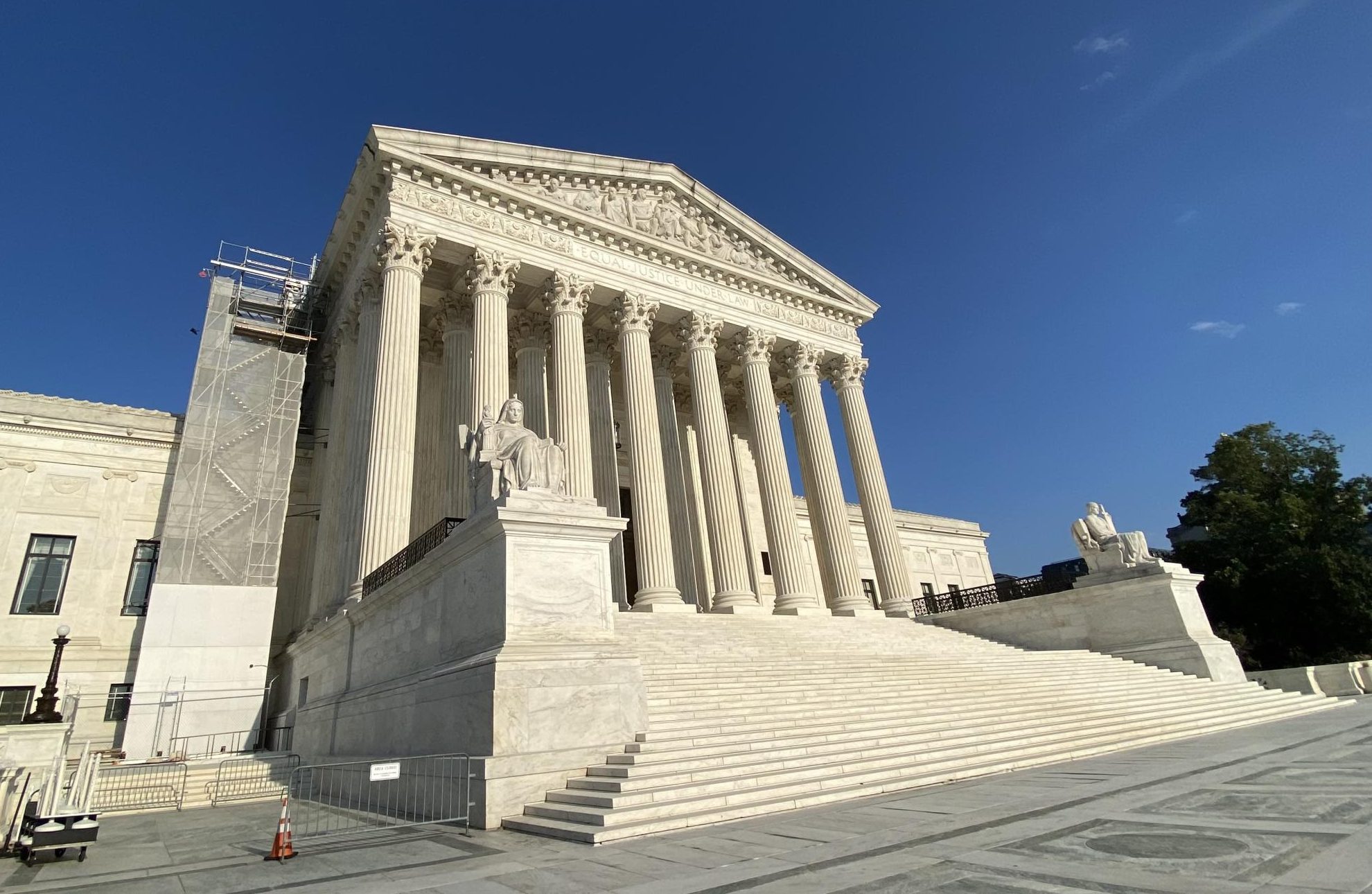
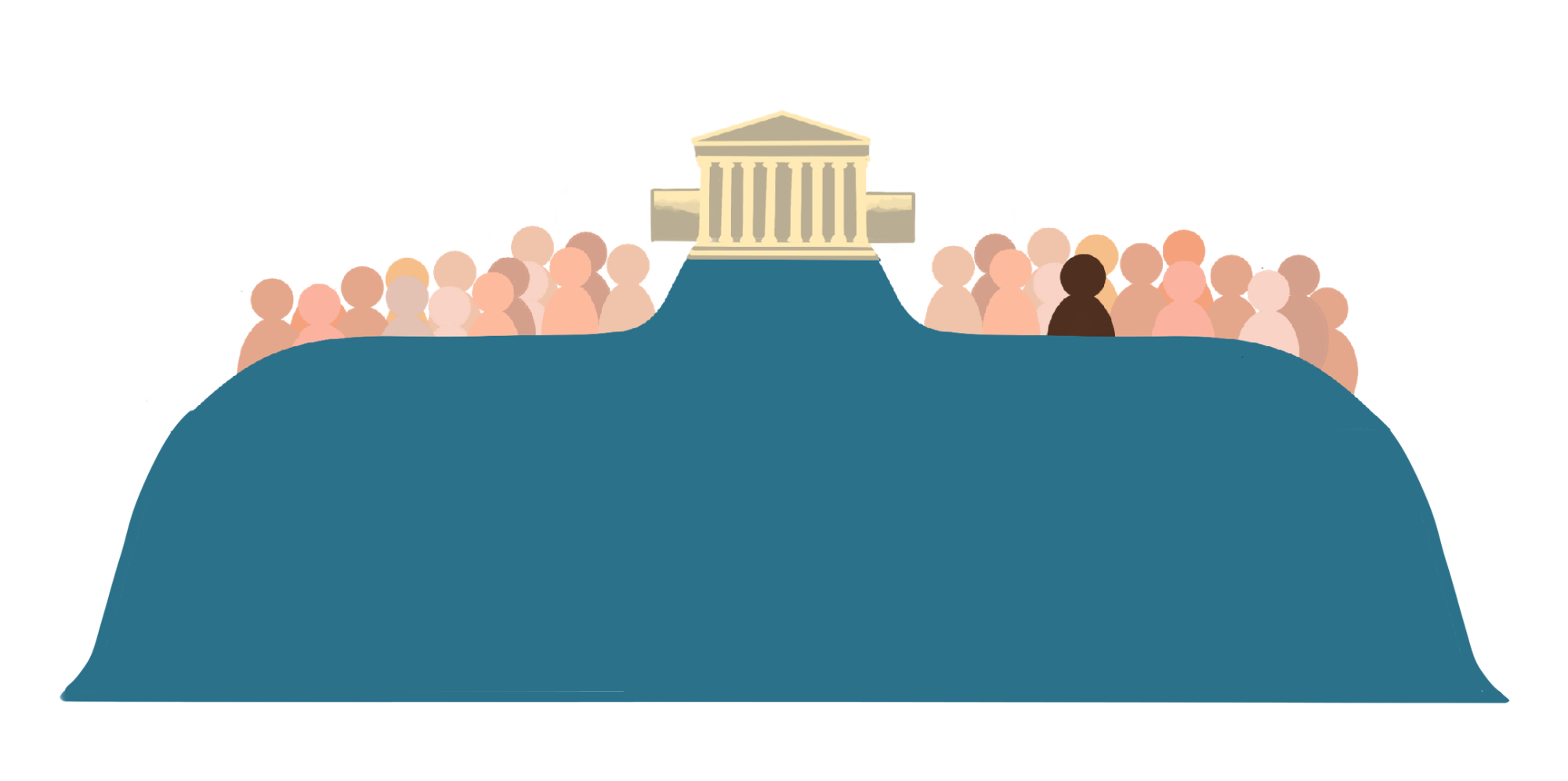
The U.S. Supreme Court’s affirmative action decision this summer creates cause for concern for students, teachers and college counselors as they grapple with how the decision may effect college admissions.
The affirmative action cases at the end of the Supreme Court’s term, Students for Fair Admissions (SFFA) v. Harvard and SFFA v. University of North Carolina (UNC), were decided by the citation of the 14th Amendment’s Equal Protection Clause, which prohibited the use of affirmative action in college admissions. Since 1965, affirmative action had been designed to eliminate racial, gender and religious bias in college admissions.
Midtown college counselor Mira Ratchev disagrees with the ruling and believes it may limit the way students are perceived during the application process.
“The way that Justice Roberts (Chief Justice John Roberts) worded it was saying that admissions should be based on a student’s experience, not their race, but in America so much of students’ experience can be their race,” Ratchev said. “I don’t know how it exactly will affect admissions until we see this round of admissions play out and how diversity might be affected.”
Senior Lawson Scott believes the status quo emphasizes the need for affirmative action.
“If you look in the demographic of race breakup [in many colleges], Black people are very extremely underrepresented,” Scott said. “Education opportunities then follow into the workplace and further into the money-making experience.”
Senior Imani Johnson agrees with Scott and thinks affirmative action would help alleviate long-term racial inequality.
“For me personally, as a person of color, I wouldn’t necessarily like to be accepted or denied based on my race,” Johnson said. “I wouldn’t like it to be a factor of people accepting me. I think that on the other scale, [the decision] doesn’t [help] people who need that factor in order to be seen. It doesn’t give [everybody] a fighting chance. If you want somebody to succeed, and there’s this thing that can help them succeed, why not just use that?”
Social Studies teacher Jason Slaven believes the decision was influenced by racial colorblindness and that race should not impact legal or social treatment in society.
“Based on the dissent from Justice [Ketanji Brown] Jackson, the conservative majority on the court is basically putting forth this concept of colorblindness — universities need to not consider race at all in their admissions criteria,” Slaven said.
However, Slaven doesn’t believe this approach will solve college admission disparities.
“Being colorblind [is] not going to fix or recognize any of the long-standing systemic issues that have plagued the issues of college acceptance in the past,” Slaven said. “It’s not going to help address or fix any of the issues that have led to a gap in between the races and who actually gets admitted into college, who actually succeeds and who gets their degree. It’s just going to end up closing a door to individuals who may not go to privileged high schools, whose parents don’t have the resources to send them to high-ranking private schools, or whose teachers can’t write 10-page recommendation letters.”
Ratchev said the admissions process for people of color may change with the new decision.
“It’s disheartening to hear that our country’s highest body of law (U.S. Supreme Court) is trying to take a colorblind perspective, which may be fine in theory, but in practice doesn’t work,” Ratchev said. “Things may go back to the way it was for many decades, that these institutions have for a very long time been the mainstay of upper-class, white people and old money type of thing.”
Johnson is concerned with future diversity in selective colleges.
“Race plays a big part and diversity plays a big part,” Johnson said. “I know that, for me, I’ve lived in spaces that have been primarily White for my entire life. So, whenever I look at college, [diversity is] one of my biggest decid[ing] factors. I [want] to be with people who look like me, who know my culture and can be able to elevate my culture rather than me having to basically teach people what it’s like to be Black.”
Slaven believes high diversity levels among students leads to a better education and learning environment, and said he doesn’t think students will receive the same benefits in a racially homogenous school.
“We learn better when we’re exposed to different points of view,” Slaven said. “[However], if everybody looks the same as you and is from a similar background, there’s not going to be a lot of varying points of view. What will end up happening, is that the teacher or professor will be in charge of introducing the students to diversity through their lectures or classwork, but then we’re trusting one person to embody the point of view of different ethnic or cultural groups that they might not be a part of. To me, that could potentially be a little bit problematic.”
Due to the ruling’s impact on selective colleges, Scott believes the number of applications to historically black colleges and universities (HBCUs) will increase, increasing tuition at those schools.
“I think that if [an African American] wants to go to a predominantly White institution, then they’re in trouble,” Scott said. “There’s some colleges that, even before [the decision], didn’t have high [Black enrollment]. [Now], a lot of these schools are going to have [even fewer] Black people. Overall, I think we’re going to have a severe sharp drop in the amount of black students that [certain] colleges accept.”
While junior Zach Chan agree the ruling will undermine diversity at selective colleges, he does not think affirmative action, nor the decision to remove it, will bring about large societal change.
“If you really want to lift [disadvantaged] Americans out of poverty, as a whole, then it either has to be the government or people coming together,” Chan said. “I also think [the college you attend] isn’t as big of a determinant on your ambition and income in life.”
Chan said income, rather than race, should be a more important factor in college admissions.
“Although race should be something that is considered, I think income is a much greater factor,” Chan said. “It determines where you live, where you go to school, [and if] you show ambition. If you focus on income, you can bring people out of poverty, regardless of race.”
Chan still feels as though considering income in college admissions rather than race isn’t much difference because of America’s history.
“Unfortunately, because of the way that America and history is, even if you ignore race and determine [college admissions] specifically off of income, then you can even still combat racism like that,” Chan said. “However, I think [income] works even better, because focusing specifically on income helps bring all people out of it, whereas race doesn’t necessarily benefit [society] as a whole.”
Johnson believes her personal background speaks to the significance of income over race.
“I am in a position where, if I truly wanted to, I know that my parents and my family would be able to cover my college,” Johnson said. “That is not the luxury for a good half of the people in the U.S. I feel like if you are going to consider something to give someone the upper leg, I’d rather it be [economics] over seeing somebody as Black and [say], ‘They need this because of their race.’”
